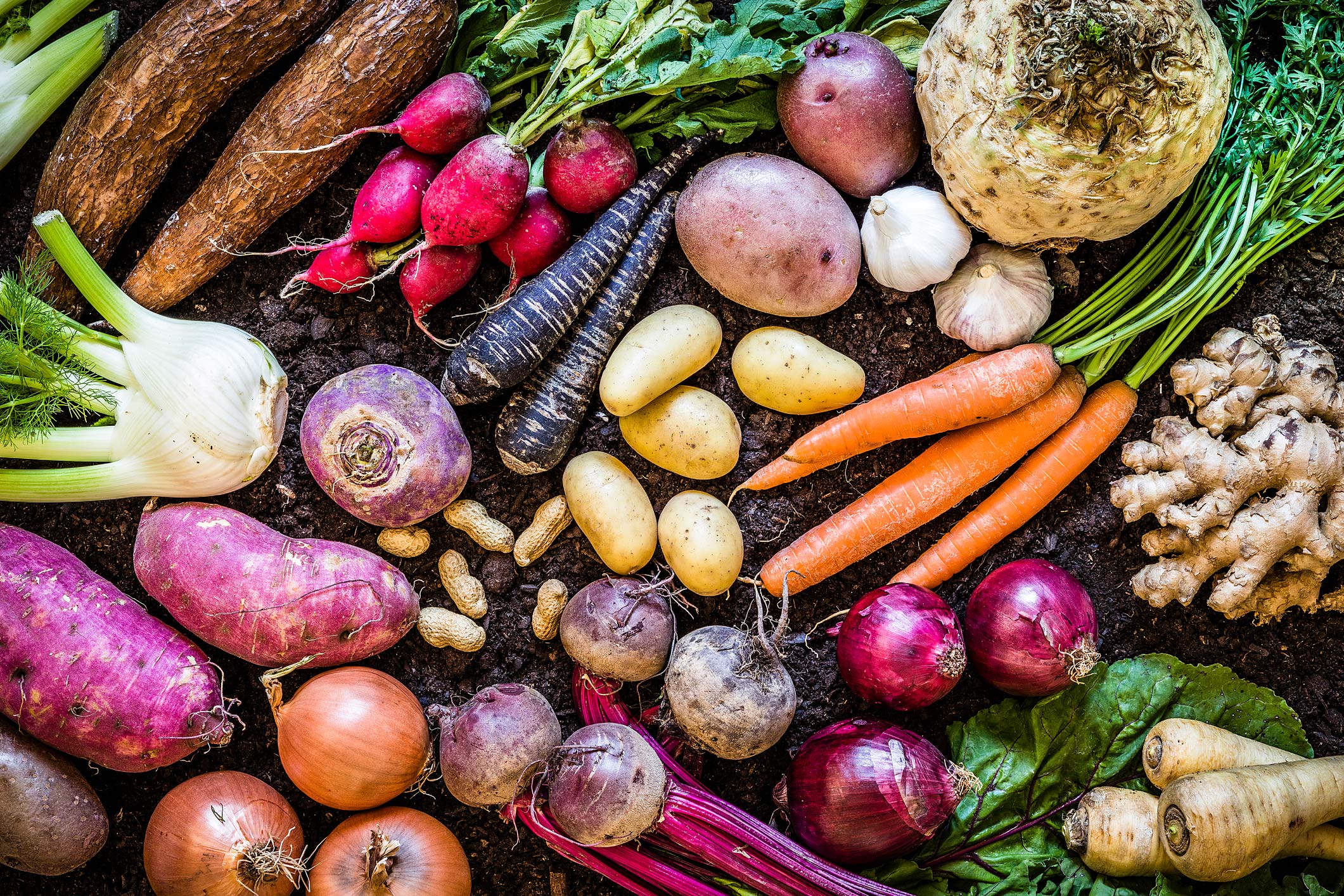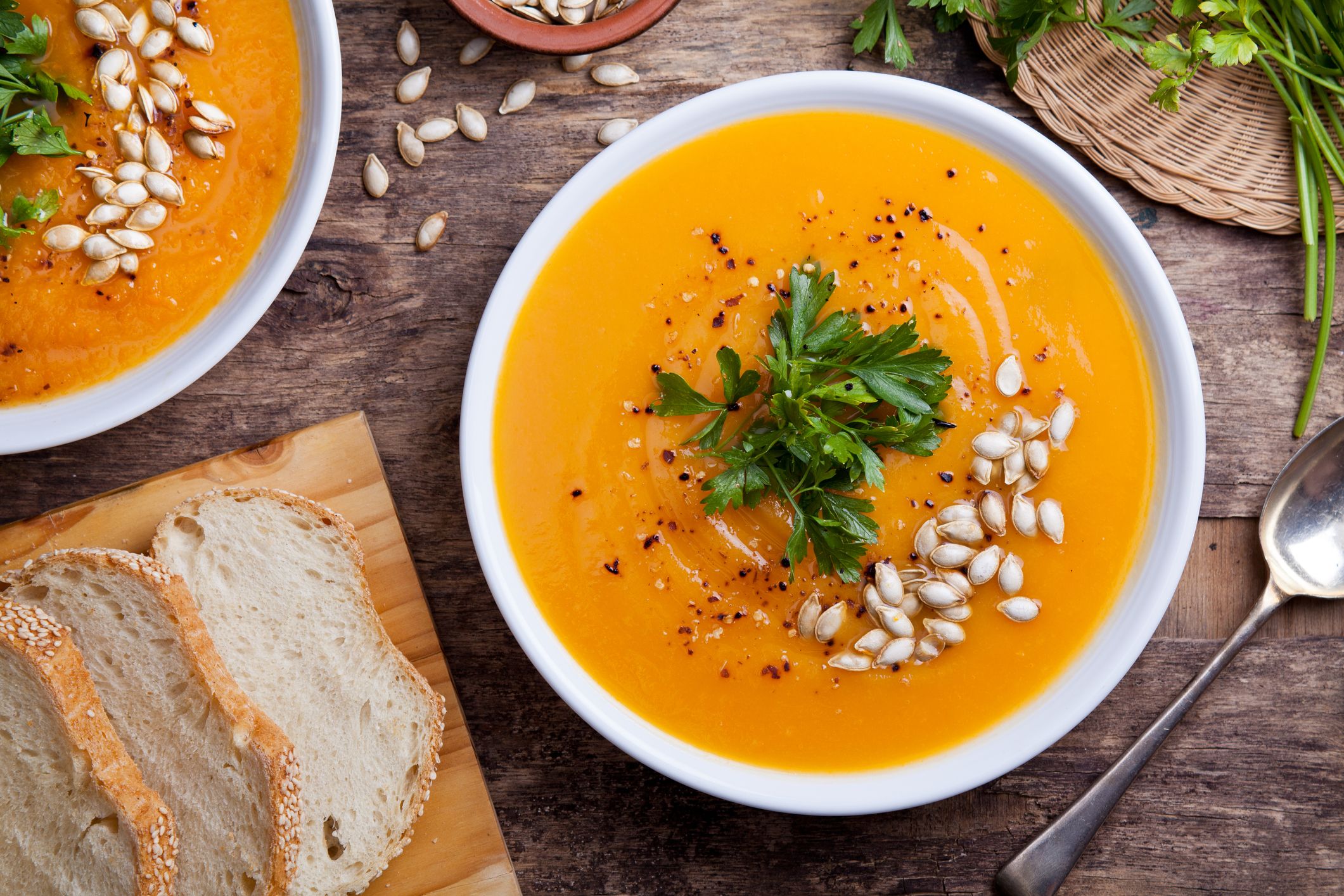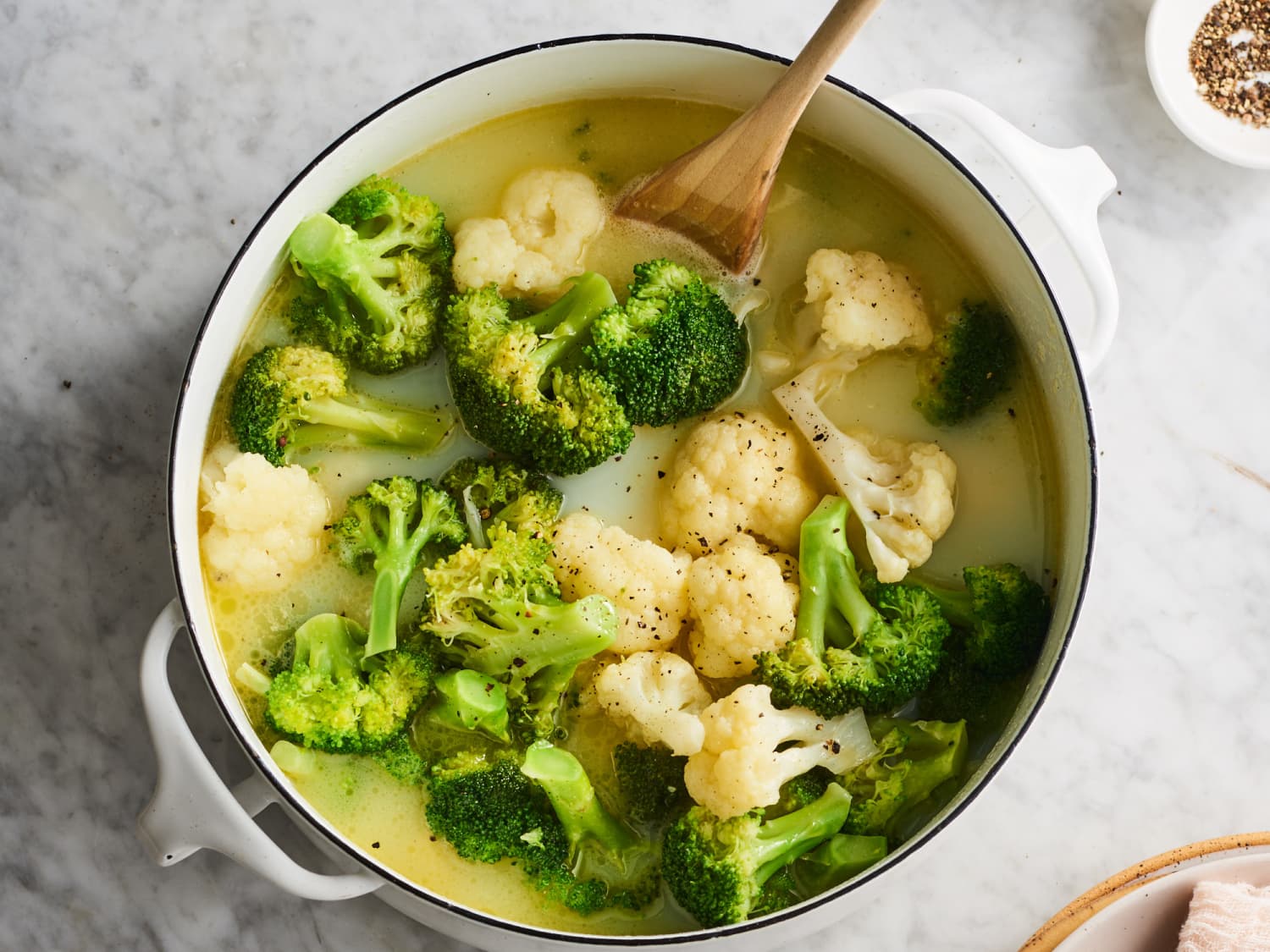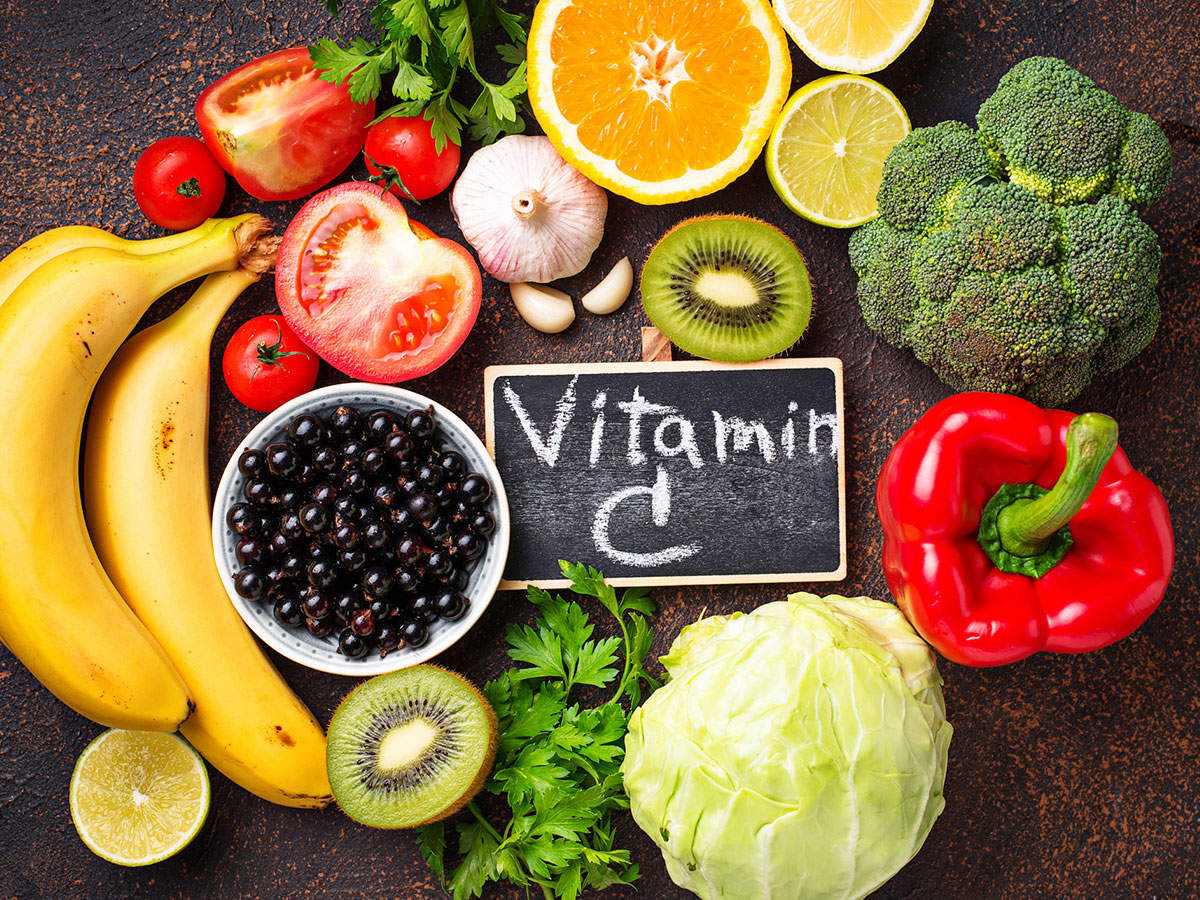Foods you should eat this winter

ITAHARI: JAN. 3 – Chilly winter weather affects more than just your wardrobe and heating bill. Your body also experiences changes in energy levels, metabolism and even food preferences.
Do you react to bitter cold by skipping the gym and convincing yourself you deserve a calorie splurge to warm up and offset your discomfort? You’re not alone. But the cold truth is that no weather warrants unhealthy eating habits.
Just as you shouldn’t overdo ice cream during the dog days of summer, you shouldn’t live on a steady diet of hot chocolate and warm cookies during winter (no matter how tempting it sounds).
Start with some of Beth’s suggestions, below!
Root vegetables

Local produce can be hard to find when cold weather inhibits crop growth. But root vegetables like beets, carrots and turnips can withstand the cold, so local farmers can provide fresh produce — and you can reap the benefits. Roast carrots for a boost of beta-carotene, or boil turnips for vitamins C and A.
Vitamin d-rich foods

Vitamin D-rich foods are the number one food item to consider adding to your menu during the winter months. People who have more emotional eating during the fall are shown to have lower levels of vitamin D, which is associated with more anxiety and depression.
A great source of vitamin D is shitake mushrooms. Other good options include salmon, egg yolks, fortified cereals, milk and red meat.
Oatmeal

Oatmeal is much more than just a convenient breakfast food; it also provides nutrients that are essential during winter. Oatmeal can be changed up by adding warm spices like cinnamon, cardamom and nutmeg without adding calories, fat, sugar or salt. Oatmeal is high in zinc (important for proper immune function) and soluble fiber (associated with heart health). Although instant oatmeal is more convenient, it is a bit more expensive. To eat healthy on a budget, go with old-fashioned oats.
Soup

Soup is winter’s perfect food — as long as you hold the cream, salt and beef. Look for soup recipes that call for chicken broth, vegetable broth or water as the base and include a lot of vegetables. Adding in canned or dried beans or lentils to soups adds in fat-free protein as well as much-needed fiber. Protein and fiber both curb your appetite by slowing down digestion and controlling blood sugars, which can help with controlling hunger and helping with mood. Pair your soup with a side of 100% whole-grain crackers for a dose of grains.
Mood-boosting snacks

Cravings and emotional eating are also common this time of year. Try to avoid grabbing those sugary and processed snacks, which can drag down your mood over time. Instead, Dr. Albers recommends sweet potatoes, beets and walnuts. Spicy roasted chickpeas are another alternative.
Broccoli and cauliflower
Aside from getting the flu shot and washing your hands regularly, these cruciferous vegetables maybe your top defense against winter sickness. Broccoli and cauliflower are both high in vitamin C, which is associated with enhanced immune function. If you can’t find fresh versions, don’t fret — frozen broccoli and cauliflower are just as nutritious.
Immune-boosting choices
One of the best things you can do to help your immune system and to boost your mood is added foods that are high in vitamin C. These are foods like citrus fruits, oranges, mangoes, lemons, kiwis, but they are also found in broccoli, bell peppers and strawberries.











